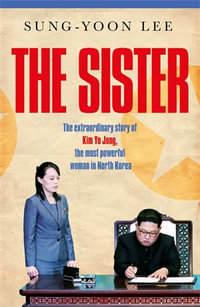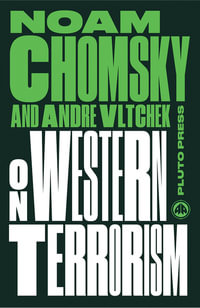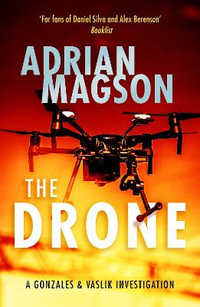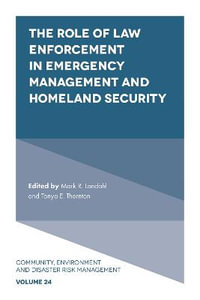Drawing on a wide body of case studies, the authors examine the many ways child soldiers are drawn into their roles-which, in the end, usually turn out to be as cannon fodder.... Of interest to military planners as well as workers in the humanitarian aid/NGO sphere.
* Kirkus Reviews *
[Arabic language review]
* Hafryat *
The lack of universally generalizable policy recommendations may be off-putting for those looking for easy solutions, but if describing the phenomenon is the first step to understanding it, then this work is essential reading.
* Choice *
Small Arms: Children and Terrorism is an important, timely, and interdisciplinary work that offers new insight into the issue of children in conflict.
* H-Net H-War *
Small Arms is a must-read for policymakers and planners working on counterterrorism strategy. With so little existing political science scholarship in this arena, Bloom and Horgan earn the dubious distinction of providing the most comprehensive overview of children and terrorism.
* Joint Forces Quarterly *
Bloom and Horgan's Small Arms: Children and Terrorism is an engagingly written, conceptually coherent contribution to scholarship around the use of children by violent extremist organizations (VEOs), with special consideration given to how these practices contrast with the use of child soldiers by other armed groups.
* Terrorism & Political Violence *
Bloom and Horgan have done a masterful job of building their argument and demonstrating their concepts without lingering on the worst aspects of their subject. It belongs on the shelf of any individual interested in modern conflicts and should be of enormous utility in a wide variety of undergraduate courses.
* H-Net *
Bloom and Horgan offer a tour de force of the critical issue of children and terrorism. Their book is a must-read for anyone interested in getting the full and disturbing picture of contemporary terrorism.
* PERSPECTIVES ON POLITICS *
Small Arms: Children and Terrorism addresses an important issue in terrorism literature-the use of children to carry out acts of terrorism worldwide. [The book] highlights a topic rapidly growing in prevalence around the world, and future military leaders must learn how to deal with this new pandemic problem.
* The US Army War College Quarterly *
























